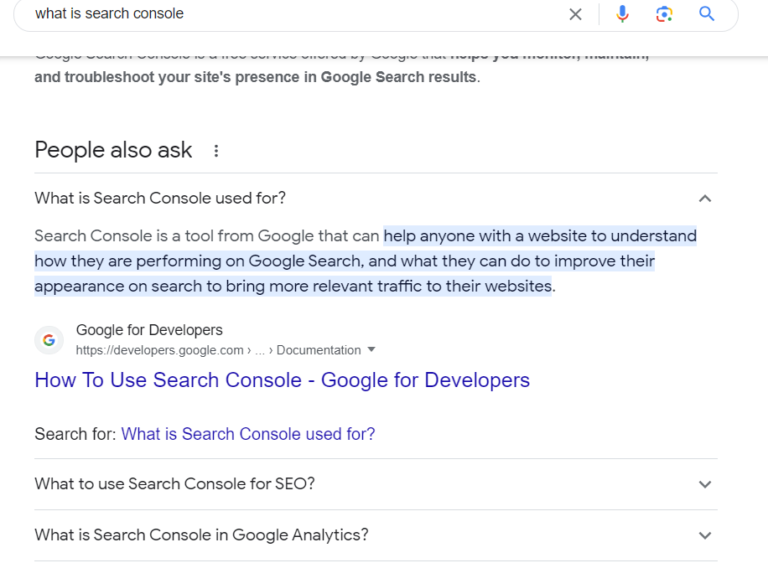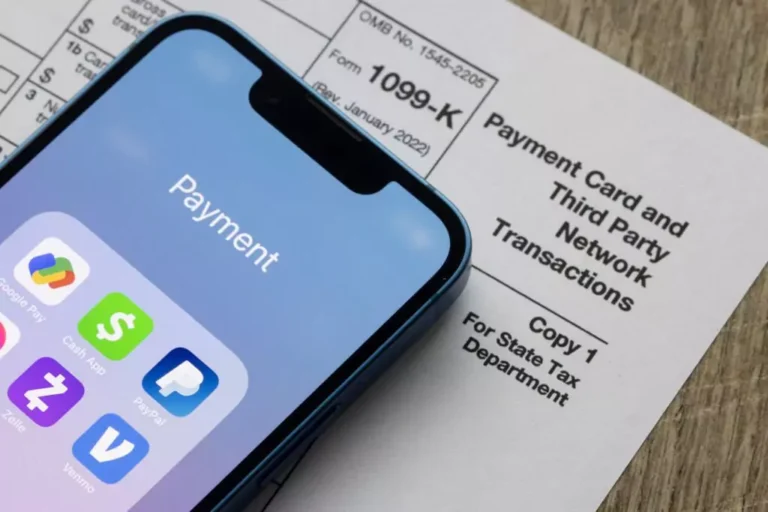Can Chat Gpt Do Precalculus? Comprehensive Guide
ChatGPT, a powerful language model developed by OpenAI, has garnered attention for its ability to generate human-like text across diverse topics. However, when it comes to precalculus—a field of mathematics that includes algebraic and trigonometric concepts—questions arise about ChatGPT’s proficiency in handling such complex mathematical subjects.
In this article, we’ll explore the capabilities of ChatGPT in the realm of precalculus, discussing its strengths, limitations, and how users can leverage its potential in mathematical discussions.

Understanding ChatGPT’s Foundation
ChatGPT is built upon the GPT-3 architecture, a sophisticated model that excels in natural language understanding and generation. Trained on a vast corpus of internet text, ChatGPT has acquired a broad range of knowledge across numerous domains. While it does not possess inherent mathematical knowledge in the way a mathematician does, it can respond to mathematical queries and generate text on mathematical concepts based on its training data.
ChatGPT and Mathematical Competence
1. Algebraic Expressions:
- ChatGPT can handle algebraic expressions, equations, and solve mathematical problems involving variables. Users can input algebraic queries, and ChatGPT can generate responses, explaining steps or providing solutions.
2. Trigonometric Concepts:
- Precalculus often involves trigonometric functions and identities. ChatGPT can assist in explaining trigonometric concepts, solving trigonometric equations, and providing insights into the applications of trigonometry.
3. Graphical Representations:
- ChatGPT can discuss graphical representations of functions, interpret graphs, and explain concepts related to functions, such as domain, range, and asymptotes.
4. Calculus Foundations:
- While ChatGPT is not a calculus expert, it can touch upon foundational concepts that bridge precalculus and calculus, such as limits and basic derivatives.
5. Problem-Solving Assistance:
- Users can present precalculus problems, and ChatGPT can attempt to guide them through the problem-solving process, offering step-by-step explanations.
Limitations in Precalculus
Despite its strengths, ChatGPT does have limitations when it comes to handling precalculus and advanced mathematical topics:
1. No Real-Time Computation:
- ChatGPT does not perform real-time mathematical computations. Users need to input specific queries, and the model generates responses based on patterns learned during training. It does not execute calculations like a calculator.
2. Limited Interactivity:
- While ChatGPT can respond to queries and provide explanations, it lacks the interactivity of a dedicated math software or tutor. Users cannot input dynamic mathematical problems for real-time interaction.
3. Theoretical Understanding:
- ChatGPT’s responses are based on its training data and theoretical understanding. It may not have practical problem-solving experience and might lack the intuition that comes with solving a wide range of mathematical problems.
Leveraging ChatGPT for Precalculus Learning
1. Conceptual Understanding:
- Use ChatGPT to reinforce conceptual understanding. Input queries that seek explanations for precalculus concepts, allowing ChatGPT to provide insights and clarifications.
2. Step-by-Step Solutions:
- Present specific problems to ChatGPT and ask for step-by-step solutions. This can be valuable in understanding problem-solving approaches and procedures.
3. Clarification on Concepts:
- If a precalculus concept is unclear, ask ChatGPT for clarifications. The model can provide explanations in a conversational manner, aiding in comprehension.
4. Exploring Applications:
- Discuss applications of precalculus concepts with ChatGPT. Explore how these mathematical ideas are utilized in real-world scenarios to gain a broader perspective.
Incorporating Additional Resources
While ChatGPT can be a useful tool for precalculus discussions, it’s advisable to complement its insights with other educational resources:
1. Math Software:
- Use dedicated math software or calculators for real-time computations and interactive problem-solving. Software like Mathematica, Wolfram Alpha, or Desmos can be invaluable.
2. Textbooks and Guides:
- Refer to precalculus textbooks and study guides for comprehensive coverage of concepts, examples, and practice problems. These resources offer structured learning materials.
3. Online Courses:
- Enroll in online precalculus courses that provide structured lessons, quizzes, and interactive exercises. Platforms like Khan Academy, Coursera, or edX offer comprehensive precalculus courses.
4. Tutoring Services:
- Consider seeking assistance from a math tutor for personalized guidance and support. Tutors can provide tailored explanations and address specific challenges.
Responsible Usage and Ethical Considerations
As with any tool, it’s essential to use ChatGPT responsibly and ethically in precalculus discussions:
1. Verification of Results:
- Verify solutions and information provided by ChatGPT using reliable mathematical resources. Ensure accuracy before incorporating the information into your understanding.
2. Educational Purpose:
- Use ChatGPT for educational purposes, seeking explanations and insights to enhance your precalculus knowledge. Avoid using generated content for academic submissions without verification.
3. Transparent Collaboration:
- If you’re collaborating with others, be transparent about the involvement of AI tools like ChatGPT. Clearly communicate the extent to which AI assistance was utilized in the collaborative process.
Conclusion
In conclusion, while ChatGPT is not a substitute for a dedicated math tutor or software, it can be a valuable companion in precalculus discussions. Its ability to generate text-based explanations and solutions offers an additional layer of support for learners seeking to reinforce their understanding of precalculus concepts. By leveraging ChatGPT responsibly, supplementing its insights with other resources, and maintaining a commitment to ethical usage, users can harness its potential to enhance their precalculus learning journey.







